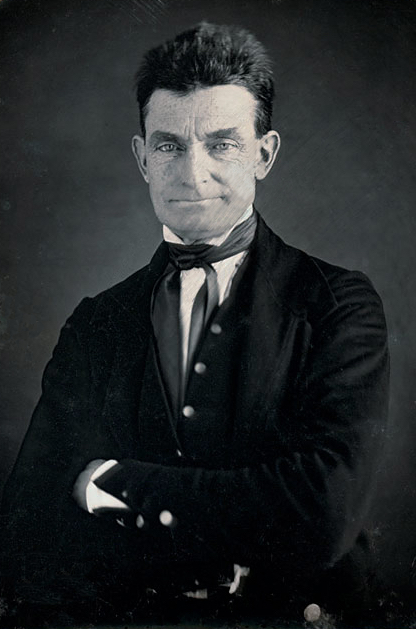“The marriage relation shall be at all times respected”
Article XLII.
Provisional Constitution and Ordinances (1858)
Kontext: The marriage relation shall be at all times respected, and families kept together, as far as possible; and broken families encouraged to reunite, and intelligence offices established for that purpose. Schools and churches established, as soon as may be, for the purpose of religious and other instructions; for the first day of the week, regarded as a day of rest, and appropriated to moral and religious instruction and improvement, relief of the suffering, instruction of the young and ignorant, and the encouragement of personal cleanliness; nor shall any persons be required on that day to perform ordinary manual labor, unless in extremely urgent cases.
